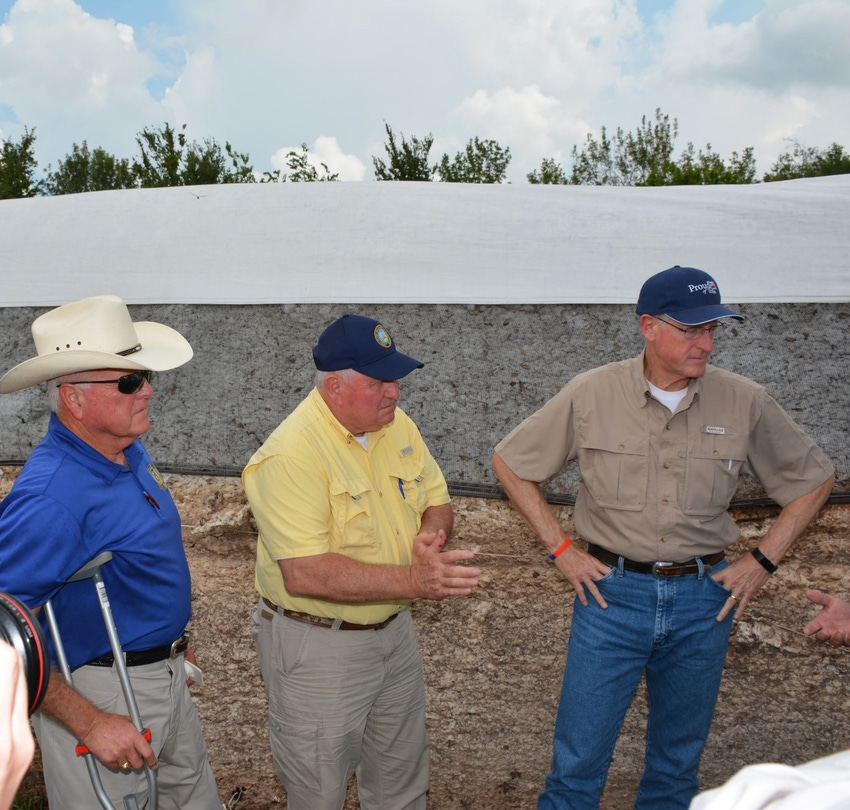
As Congress considers tax reform, House Agriculture Committee Chairman Mike Conaway (R – Texas) says the single biggest win for production agriculture would be the elimination of the death tax.
“We have farming families and folks all over this country who are land rich and cash poor and death should not be a taxable event,” Conaway said in a conference call Oct. 25 with farm reporters.
“I’m hopeful that the death tax will go away in its entirety and we can free up families from having to partner with the federal government every time the patriarch or matriarch dies. We want to hand that property down to their rightful heirs. The federal government is not, in my view, a rightful heir to the hard work of a lifetime,” Conaway said.
In addition lowering taxes and making the tax code more simplified is also important for farmers, while immediate deductions for business expenses that other businesses and corporations would also have access to, is important to farmers as well, Conaway said.
RATE OF RETURN
In the meantime, the latest report from the General Accounting Office on crop insurance notes that the expected rate of return to crop insurance companies is too high compared with market conditions. GAO says reducing the rate of return could save the federal crop insurance program hundreds of millions of dollars a year. The agency recommends that Congress consider directing USDA to adjust the expected rate of return.
Conaway said there needs to be a better feel for what GAO decides is their rate of return computation and compare that with the rate of return computation of the insurance companies.
“We ought to be able to get that worked out so you are comparing the right expenses and the right revenue to get that number,” Conaway said. “But bottom line, if this were so lucrative, instead of having consolidations, you’d be having new people coming in saying we want a piece of that market because it is more lucrative than any other place out there.”
FARM BILL
Conway said most of those who represent production agriculture are keenly interested in getting a farm bill done. However, he emphasized that all 435 members of Congress have a keen interest in good, solid production agriculture policy.
“The reason for that is the American consumer enjoys the safest, most abundant and affordable food and fiber supply of any developed nation in the world. Every time an American goes to the grocery store or goes to a restaurant they get a deal. And what American doesn’t like getting a deal?” Conaway said.
The House Agriculture Committee Chairman said it is part of his job to create a groundswell of support for production agriculture and stress the need for farm legislation as farmers have seen a 50 percent drop in net income over the past four years, the worse since the Great Depression.
“The backdrop for who needs the help is clearly there. My job, my colleagues’ job, is to help the American people understand that good production agriculture policy is important to every single one of us— or at least those of us who like to eat every day,” Conaway said.
About the Author(s)
You May Also Like






